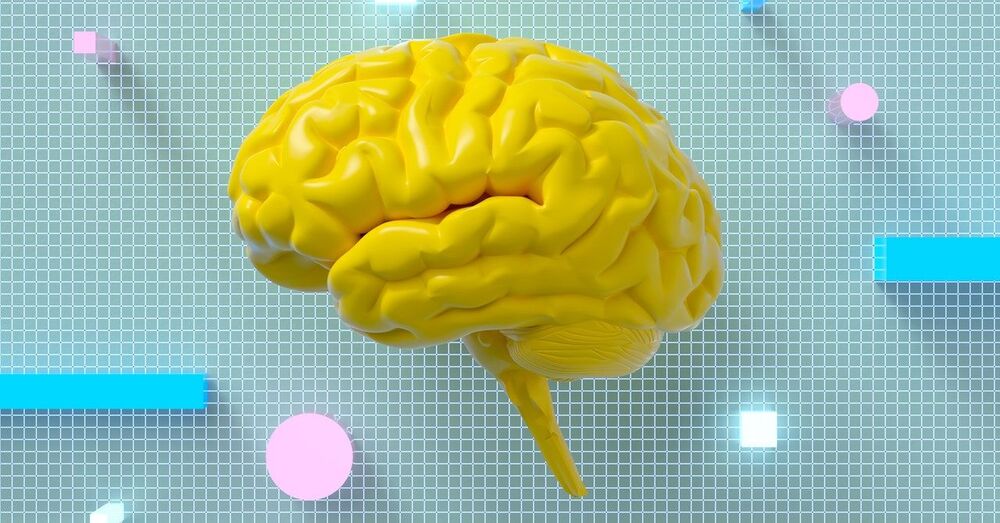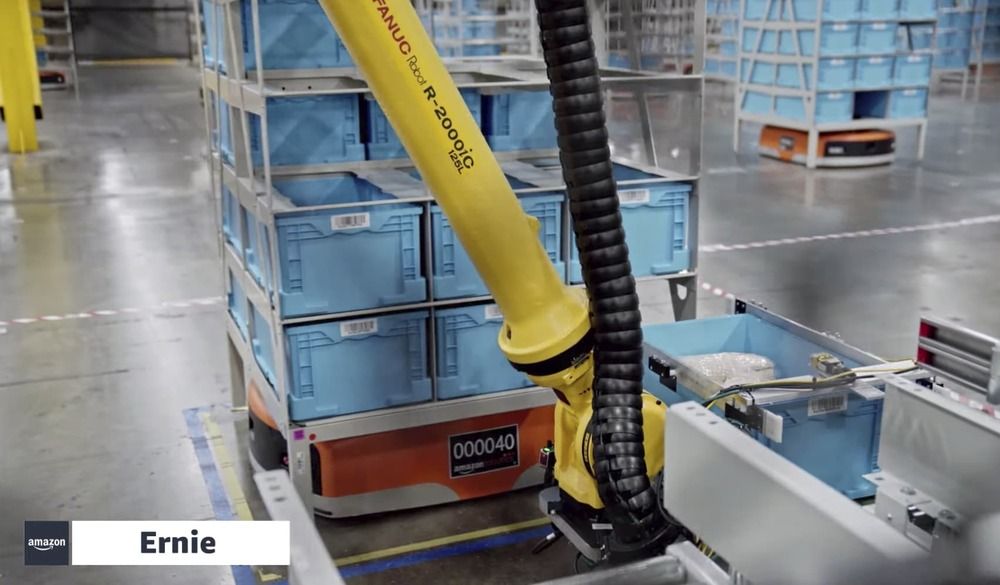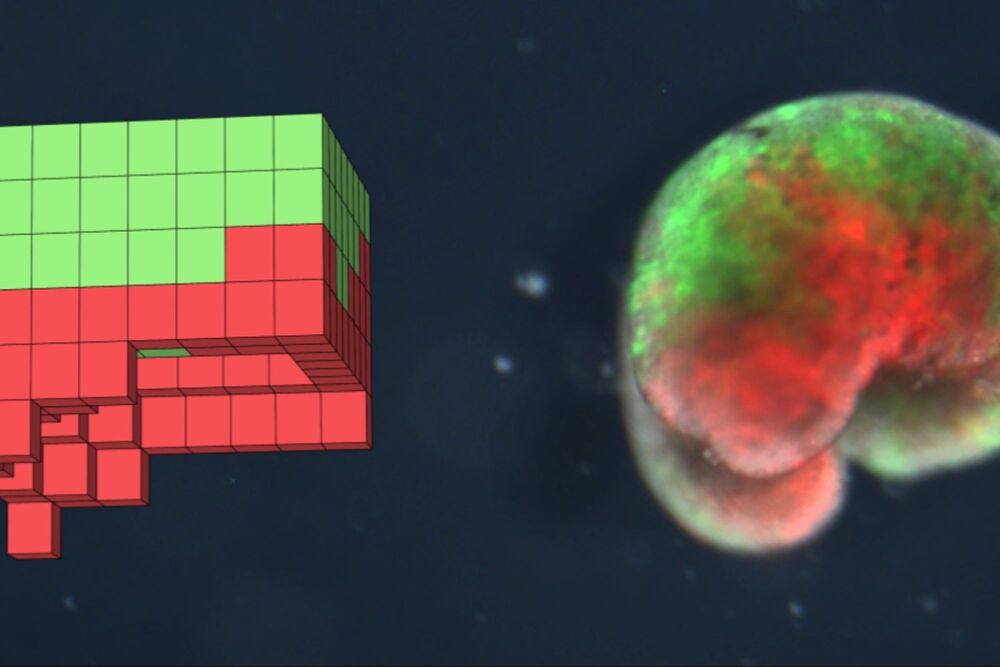The companies revealed upgrades for their phones that protect data and reduce reliance on the cloud. It also binds users more tightly to their ecosystems.



AI has finally come full circle.
A new suite of algorithms by Google Brain can now design computer chips —those specifically tailored for running AI software —that vastly outperform those designed by human experts. And the system works in just a few hours, dramatically slashing the weeks-or months-long process that normally gums up digital innovation.
At the heart of these robotic chip designers is a type of machine learning called deep reinforcement learning. This family of algorithms, loosely based on the human brain’s workings, has triumphed over its biological neural inspirations in games such as Chess, Go, and nearly the entire Atari catalog.
✅ Instagram: https://www.instagram.com/pro_robots.
You are on the Pro Robot channel and today we are going to talk about the soldiers of the future. Exoskeletons, ballistic helmets, military suits, chips and more are already being introduced into the armaments of different countries. In this issue we will find out what the super-soldier of the future will be like and what developments are being conducted in the military industry. Watch the video to the end and write your opinion in the comments: will robots replace humans in military service?
0:00 In this video.
0:30 Combat glasses.
2:26 Devtac Ronin Kevlar ballistic helmet.
3:00 STILE smart fabric.
3:42 Stealth Cloak.
4:10 Future Soldier System Full Suit.
5:15 Sotnik Suit.
5:55 Exoskeleton Military.
6:32 PowerWalk current generator exoskeletons.
7:00 Human Universal Load Carrier exoskeleton with hydraulic drive.
7:24 A Flying Suit for Military.
7:48 Jetpack.
8:09 Invasive chips and genetic engineering.
9:02 Man-Made Lightning.
More interesting and useful content:
✅ Elon Musk Innovation https://www.youtube.com/playlist?list=PLcyYMmVvkTuQ-8LO6CwGWbSCpWI2jJqCQ
✅Future Technologies Reviews https://www.youtube.com/playlist?list=PLcyYMmVvkTuTgL98RdT8-z-9a2CGeoBQF
✅ Technology news.
#prorobots #technology #roboticsnews.
By employing a neural network, the company says its numbers will be more accurate—and allow it to offer to buy more homes.


Those are the names of the new robots Amazon is testing with the goal of reducing strenuous movements for workers.
While the introduction of robots to the workplace often raises questions about whether human jobs will be replaced, Amazon argues they simply allow workers to focus on tasks that most need their attention while minimizing their potential for injury. Amazon said it’s added over a million jobs around the world since it began using robotics in its facilities in 2012.
In May, Amazon announced a goal of reducing recordable incident rates by 50% by 2025. It plans to invest over $300 million into safety projects this year.



“These are novel living machines. They are not a traditional robot or a known species of animals. It is a new class of artifacts: a living and programmable organism,” says Joshua Bongard, an expert in computer science and robotics at the University of Vermont (UVM) and one of the leaders of the find.
As the scientist explains, these living bots do not look like traditional robots : they do not have shiny gears or robotic arms. Rather, they look more like a tiny blob of pink meat in motion, a biological machine that researchers say can accomplish things traditional robots cannot.
Xenobots are synthetic organisms designed automatically by a supercomputer to perform a specific task, using a process of trial and error (an evolutionary algorithm), and are built by a combination of different biological tissues.
